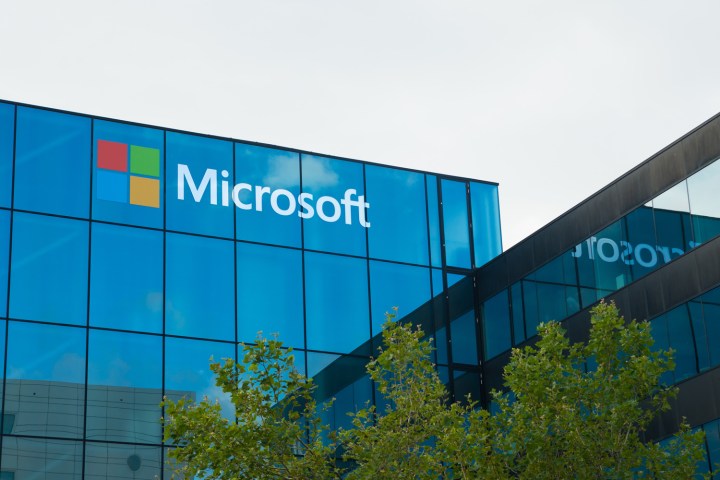
Jacqueline Beauchere, chief online security officer for Microsoft, wrote a very Microsoft blog post that managed to encourage good security habits while otherwise saying not much at all.
The blog post mentioned that (spoiler alert) unsolicited callers claiming to be from Microsoft aren’t actually from Microsoft. But the focus of the post wasn’t that or other security tips: it was in mentioning that interested parties can sign up for a class at Microsoft Stores to learn more about this.
“The workshops are designed to help people learn what to do if they’re contacted by someone purporting to peddle security software and services, and claiming to be from a company like Microsoft,” wrote Beauchere. At the risk of giving away the ending, we suspect the answer is “don’t give them your credit card number.”
The post then shifted to a list of basic security advice, including:
- Keep software up-to-date, so you’ve got the latest security patches.
- Don’t give out your usernames and passwords over email, social networks, or instant messages.
- Create strong passwords, and keep them secret.
- Periodically Google yourself (using Bing, of course) to get an idea of your online reputation.
- Make sure your kids are safe online, somehow.
We shouldn’t mock Microsoft so much for this post: although generic, the tips are broadly helpful. Reviewing these things regularly is a good idea.
The problem is the lack of concrete steps for users to take. It’s hard not to contrast this with Google’s offering for Internet Security Day, which provides users a one-stop page to review every aspect of their Google security settings.
In five minutes users could review their recovery information, see a list of devices that recently connected to their account, review permissions given to third-party services, and more. And because Google offered two gigabytes of Drive storage to everyone who participated, the effort went massively viral.
A blog post with a few superficial security tips, and a promo for Microsoft’s retail outlets, is far less likely to be mentioned anywhere. Here’s hoping the traditional rivalry between Google and Microsoft prompts a more complete celebration of Safer Internet Day next year.


